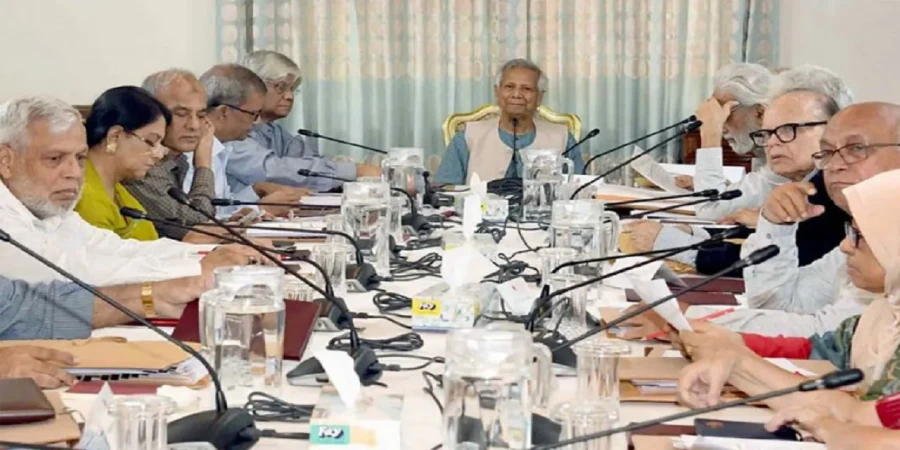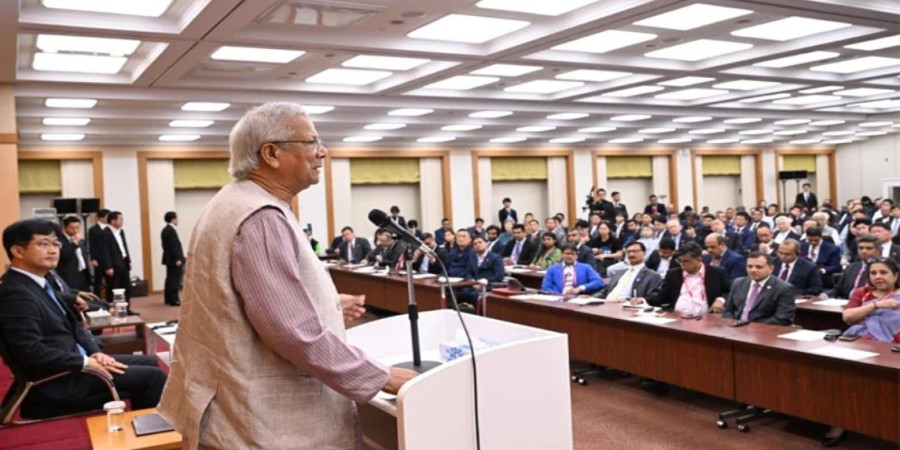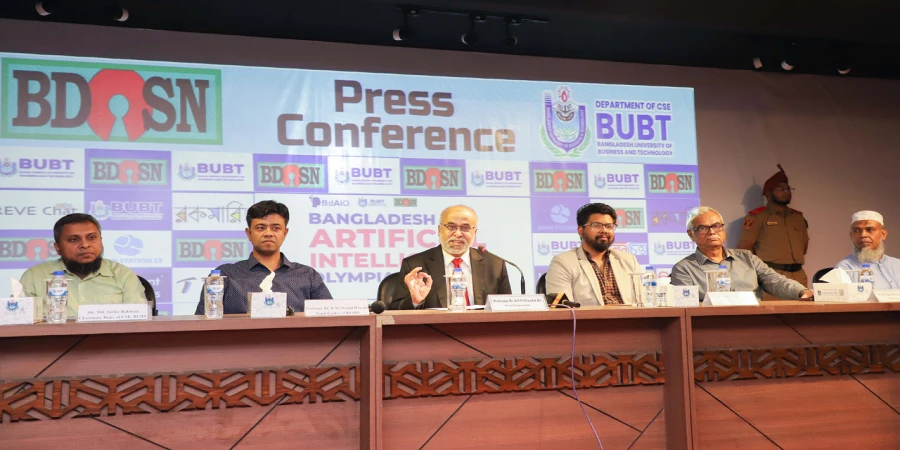
ছবি: Draft of International Crimes Tribunal Ordinance Approved by Advisory Council. Photo: Collected
The Advisory Council has approved the draft of the International Crimes Tribunal Ordinance, 2024, which allows the tribunal to recommend punitive measures against political parties involved in crimes against humanity. However, the tribunal will not have the authority to directly impose punishments on political parties.
The draft ordinance received approval on Wednesday, November 20, during a meeting of the Advisory Council at the Secretariat, chaired by Chief Advisor Dr. Muhammad Yunus.
According to the new ordinance, the tribunal can suggest appropriate action to relevant authorities, such as the Ministry of Home Affairs or the Election Commission, if it deems necessary. The provision stops short of granting the tribunal direct powers to penalize political parties.
This marks a significant development as it is the first time an Advisory Council meeting was held at the Bangladesh Secretariat’s conference room instead of the Chief Advisor’s residence at Jamuna or the regular meeting venue at the Chief Advisor’s Office. The meeting commenced at 11 a.m. with the arrival of Dr. Yunus.
The ordinance, brought forward by the Legislative and Parliamentary Affairs Division of the Ministry of Law, modifies the International Crimes Tribunal Act of 1973.
On Tuesday, Law, Justice, and Parliamentary Affairs Advisor Dr. Asif Nazrul briefed the media on the draft ordinance. He explained that while the tribunal can recommend action, implementing such measures would be the responsibility of the relevant authorities. "The tribunal’s recommendation is not equivalent to imposing penalties. It only suggests punitive measures if deemed necessary," Dr. Nazrul clarified.
This ordinance introduces a new dimension in ensuring accountability for crimes against humanity, extending its scope to political organizations involved in such offenses.
repoter






